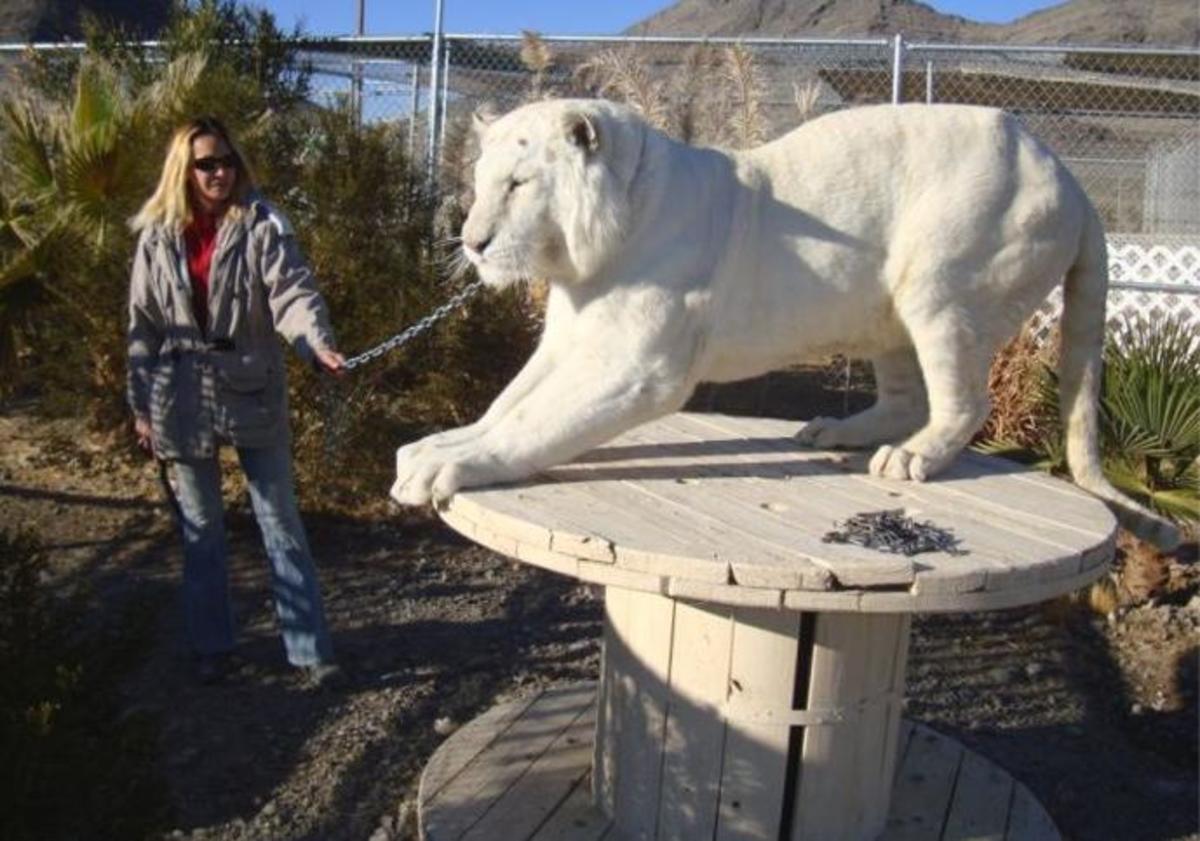The Terrible Truth About Tiger Farms
Tiger Farming
Tigers and their derivatives have long held an important place in Asian culture. They not only play their part in astrology (2010 is the year of the tiger after all) but also figured highly within traditional medicine.
In the wild the tiger is under threat throughout its range and especially so in China. It is reckoned that the Chinese population of the Siberian or Amur Tiger Panthera tigris altaica is as low as just 30 animals. The South China Tiger Panthera tigris amoyensis may already be extinct in the wild or, at best number less than half a dozen animals.
When anything becomes reduced in number the law of supply and demand takes over. This doesn't matter if it is diamonds, gold or tigers. When supply is low then the price goes up. With the drastic situation in the wild for tigers some eager Chinese entrepreneurs took the step of opening Tiger Farms. It did not take a genius to realise that breeding tigers could be a very lucrative market.

So the Tiger Farms opened up. Not only in China where they did not really need to hide what they were doing but also in Thailand where places like the Sri Racha Tiger Farm (exported 100 tigers to China in 2002) hid itself behind the name of Tiger Zoo. Even smaller establishments like the Tiger Temple were involved too but sneaking animals out the back door.
Although the conservation bodies were aware of the state of play, people in general were not and the Tiger Farms had free rein. Approach after approach was made to the Chinese government till, at last they agreed with some proposals and, in 1993, they issued a notice disallowing the use of Tiger product to be used in medicines. This ruling was supported by traditional medicine practitioners.

Sadly the breeding and trade in tigers has not been properly policed and is further complicated by animals being rented out to zoos to raise extra revenue. In many cases some of these zoos are no better than the farms themselves.
Seemingly laws do exist making killing a tiger a criminal offence and people have actually been executed for killing tigers in the wild. In captivity they avoid killing tigers by allowing them to starve to death instead. The bodies of the tigers are then dropped into huge vats of rice wine where they are allowed to 'brew' for years. The resulting liquor is the infamous 'Tiger Bone Wine'. Tiger Bone Wine is looked upon as a tonic. The zoos and the tiger farms are circumnavigating the rules by not actually killing or producing medicine. The way they see it...the tiger died and they are making tonic. One collection, the Shanghai Wildlife Park was using the bones of the tigers killed 'accidentally' by tourist buses driving through the park. It would be interesting to know just how many tigers have been killed by tourist buses in Safari Parks in Europe and America in the past forty years. If it is more than four I would be surprised.
The Tiger Farms and Commercial zoos are criminals. The situation is bad and is not looking any better but just what can be done?








